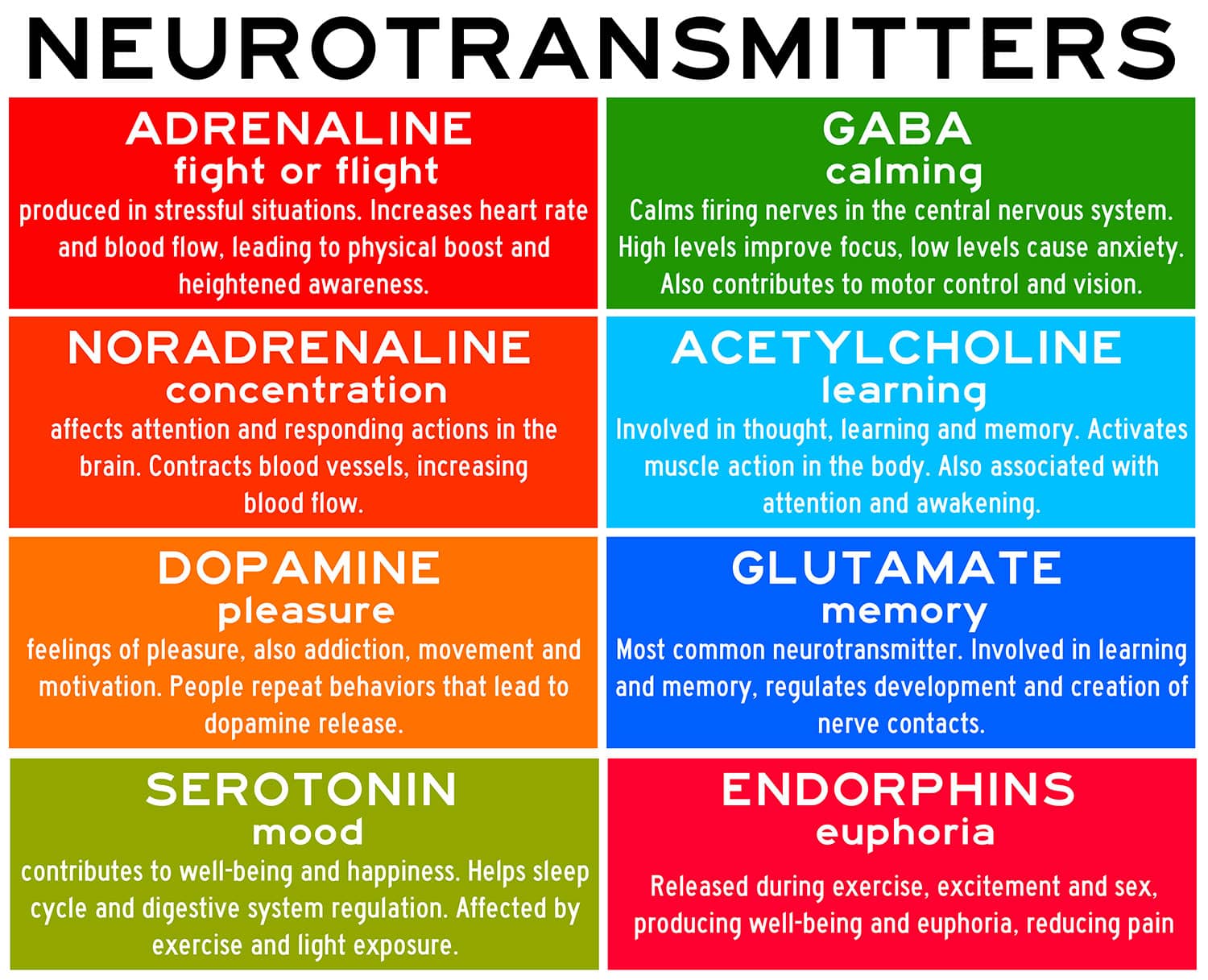The importance of a good night's sleep cannot be overstated. A restful slumber is essential for maintaining physical health, emotional well-being, and cognitive function.
However, insomnia or poor sleep quality is a pervasive issue that affects a significant proportion of the population. Over-the-counter sleep aids and prescription medications are available but often have potential side effects.
L-theanine, a naturally occurring amino acid found primarily in matcha and green tea, has garnered attention as a potential remedy for improving sleep quality.
But can it help with insomnia? Let's delve into the scientific evidence, mechanisms of action, and practical implications of using L-theanine for sleep.
6 Ways L-Theanine Can Help With Sleep
L-theanine is an amino acid most commonly found in matcha and tea. Unlike some amino acids, L-theanine is not used to build proteins. Instead, it serves primarily as a neurotransmitter-regulating substance that has a variety of impacts on the brain and nervous system.
Consuming L-theanine will provide you with a calm yet focused mind. This is why L-theanine is known to help reduce stress and anxiety. But is L-theanine any good for sleep?
Let's take a look at 6 reasons why L-theanine can help improve your sleep and potentially treat insomnia:
1. Increases Levels of Calming Neurotransmitters
L-theanine is known to increase the levels of calming neurotransmitters like gamma-aminobutyric acid (GABA), serotonin, and dopamine in the brain. Neurotransmitters play a key role in mood regulation and the initiation of sleep.

Source: SimplyPsychology.org
The neurochemical acetylcholine reaches peak levels both when you're in the REM (rapid eye movement) phase of sleep and during wakefulness. This assists your brain in retaining knowledge acquired while you're awake and consolidating it during sleep.
By enhancing neurotransmitter activity, L-theanine could make it easier to fall and stay asleep.
2. Reduces Stress and Anxiety
Many people experience insomnia as a result of stress and anxiety. L-theanine can help alleviate these symptoms by promoting relaxation. Studies suggest that it has anxiolytic (anti-anxiety) effects that help people feel more relaxed and less stressed, aiding sleep.
Anxiolytic drugs belong to a category of pharmaceuticals designed to alleviate anxiety-related symptoms or conditions. Your sleep will improve if you treat an anxiety disorder or reduce the level of anxiety you are currently experiencing.
3. Improves Sleep Quality
Preliminary research indicates that L-theanine can help you fall asleep faster and improve the quality of your sleep, making it more restorative. Adequate rest is just as crucial for well-being as nutrition and physical activity.
Cognitive function, emotional stability, and physical recovery are crucial functions during deep sleep stages. A consistent lack of quality rest can elevate the likelihood of various ailments, from cardiovascular issues and strokes to weight gain and cognitive decline.
L-theanine can improve your sleep quality, which in turn will improve your overall health. One way of achieving this is to consume L-theanine along with caffeine so that the caffeinated buzz is regulated by the L-theanine content, allowing you to rest better.
4. Synergistic Effects with Other Compounds
L-theanine is often consumed as part of matcha and tea, which contains other bioactive compounds that may contribute to better sleep. Additionally, its ability to smooth out the jittery effects of caffeine means that it can be combined with coffee, matcha, or other caffeinated beverages without disrupting sleep cycles.

Larger quantities of caffeine on its own may impact negatively on your sleep. This is why adding L-theanine into the mix to calm things down is an excellent idea. It's also why drinking matcha is an excellent idea too! As matcha contains both caffeine and L-theanine.
5. Low Risk of Side Effects
Unlike some pharmaceutical sleep aids, L-theanine is generally considered safe and is not associated with a risk of dependence or severe side effects. This makes it a sustainable option for long-term use, particularly for individuals concerned about the potential side effects of traditional sleep medications.
Moderate use of L-theanine daily is acceptable, as no reports of side effects were published in any study.
6. Non-Sedative
L-theanine induces relaxation without drowsiness, distinguishing it from other sleep aids that may cause grogginess. Even the most popular sleep medication may leave you feeling drowsy and sleepy the next morning. Some people may feel sleepy the entire day!
L-theanine provides a calm, relaxing mood without the drowsy side effects of a sedative. This means that it might be helpful for those who need to maintain a level of alertness even after waking up, making it suitable for various lifestyles and sleep schedules.
TL;DR: L-theanine and Sleep: Can It Help with Insomnia?
While the scientific evidence is still developing, L-theanine presents a compelling, natural alternative for those struggling with poor sleep or insomnia. Some of the reasons why L-theanine can help with insomnia (as discussed in this guide) are:
- L-theanine's interaction with neurotransmitters like GABA, serotonin, and dopamine suggests it may be beneficial in inducing a calm, relaxed state conducive to sleep.
- It has a similar effect to anxiolytic drugs, which aid in regulating anxiety and stress.
- Low side effects and non-sedative
- Synergy with caffeine. L-theanine can regulate the effects of caffeine, which can help improve your sleep quality.
It's crucial to understand that L-theanine is not a one-size-fits-all solution, and individual responses can vary.
So the next time you sip on that cup of matcha before bedtime, you might be aiding your quest for better sleep, thanks to the L-theanine it contains. But for those struggling with chronic insomnia, further research and consultation with healthcare professionals are advised.
While L-theanine shows promise as a sleep aid, it's crucial to note that more extensive research is needed to confirm its effectiveness. It's also a good idea to consult a healthcare provider for personalized advice, especially if you're considering L-theanine as a long-term solution for insomnia or are taking other medications.


